Sleep Apnea Therapy – Pittsburgh, PA
Feel Great in the Morning Again
Sleep apnea is a condition where a person temporarily stops breathing for up to 10 seconds several times a night, which can dramatically reduce their sleep quality and greatly increase the risk for heart disease (due to the repeated stress put on the body). It affects about 20 million Americans each night, but for those in Pittsburgh, a solution is easily available at Warwick Dentistry. With a simple mouthpiece, we can help a patient stop snoring, stop experiencing sleep apnea, and enjoy restful sleep night after night. Contact us today to learn how we can help with sleep apnea therapy in Pittsburgh, PA.
Why Choose Warwick Dentistry for Sleep Apnea Therapy?
- Sleep Appliances Custom-Made for Each Patient
- Mouthguard Able to Stop Snoring & Teeth Grinding
- 30+ Years of Experience
How We Test for Sleep Apnea
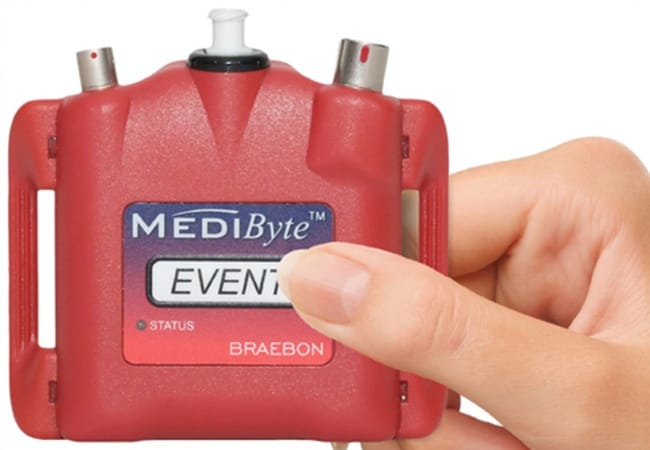
Many patients feel uncomfortable with the idea of going to a sleep lab for the proper testing. Thankfully, this isn’t the only option! Our doctors offer the Braebon Home Sleep Monitor, which is a lightweight device that can capture important diagnostic information while ensuring maximum comfort for the user. We will send the results directly to a trusted sleep physician, who can identify the severity of your condition and whether oral appliance therapy may be a good option for future treatment.
The Dangers of Sleep Apnea
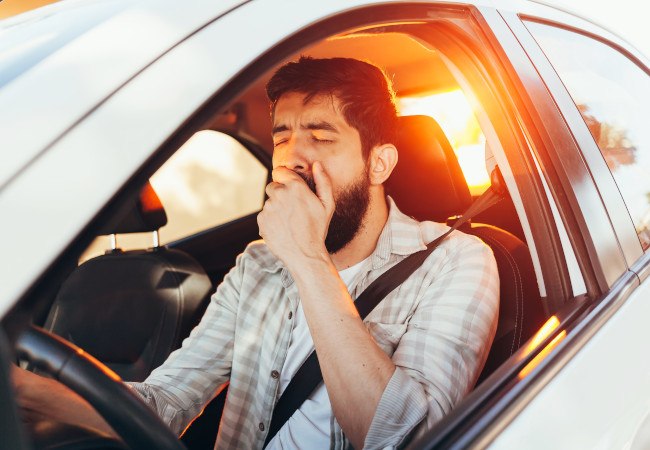
Frequent oxygen deprivation caused by sleep apnea can take a toll on your health over time. Untreated sleep apnea increases your risk of several potentially deadly health issues, including heart disease and diabetes. In addition, each breathing disruption interrupts your sleep cycle, which can affect your mental health negatively. Over time, sleep deprivation can occur, significantly increasing your risk of fatal auto accidents.
How We Can Help with Sleep Apnea

For our patients with sleep apnea, we can give them a custom-made oral appliance to wear to bed that slightly repositions their lower jaw forward. This naturally keeps the airway open, preventing the cessations in breathing associated with sleep apnea. This allows a patient to get the deep, rejuvenating sleep they need, but this approach offers another benefit—it can stop chronic snoring, meaning it can help a patient’s partner and family get better rest as well.
ProSomnus Micro 2 Sleep Appliance
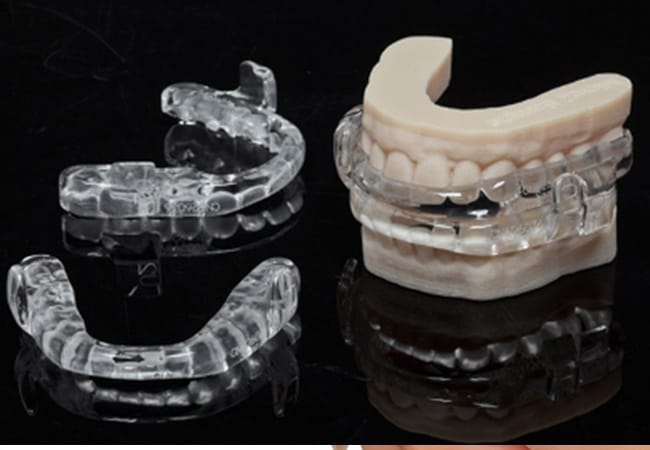
For many patients, oral appliance therapy is more convenient, minimally invasive, and generally usable for the long-term when compared to traditional CPAP machines. At Warwick Dentistry, we recommend the MicrO2® device from ProSomnus, which is one of the most comfortable devices available today! Its compact design allows for greater tongue space and helps patients rest easy throughout the night at last by preventing exhausting airway blockages.
Understanding the Cost of Sleep Apnea Treatment
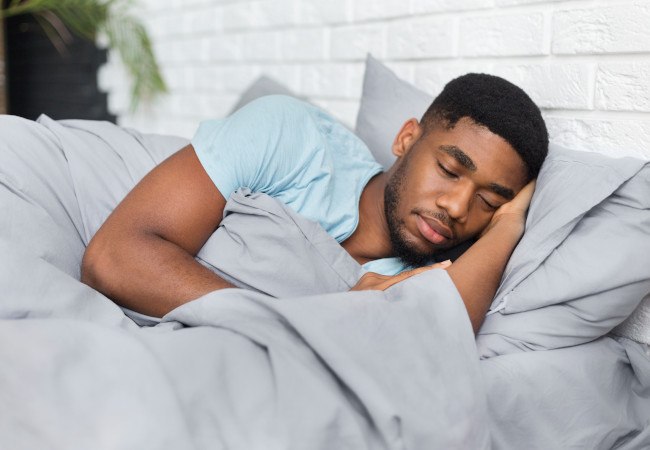
We understand that cost is on people’s minds whether they are coming to see us for a checkup or sleep apnea treatment. The price you pay for sleep care at Warwick Dentistry can vary based on a few distinct factors, all of which we’ll cover below. You’ll also find information on how we can make your treatment as affordable as possible.
Does Dental Insurance Cover the Cost of Sleep Apnea Treatment?
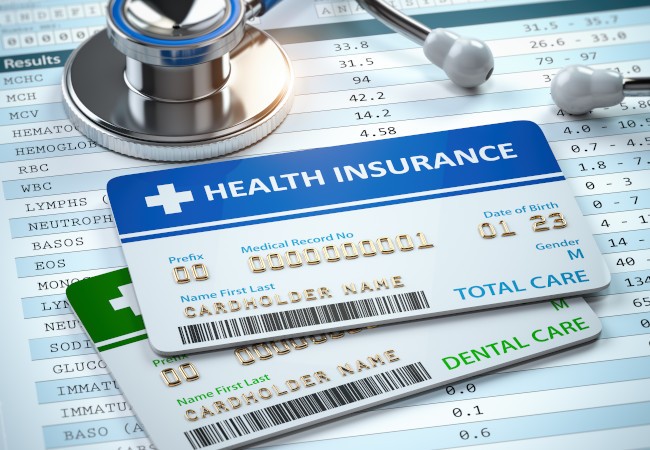
Because most insurance providers classify sleep apnea as a medical issue, treatment is typically NOT covered by dental insurance.
Instead, our patients can often use their health insurance to help pay for a sleep appliance.
Yes, patients need to use their medical insurance to help pay for sleep apnea treatment even if it is being provided by a dentist. We know this can be a bit confusing, but we’ll go over all of these details at your initial consultation so everything is clear!
Factors That Affect the Cost of Sleep Apnea Treatment
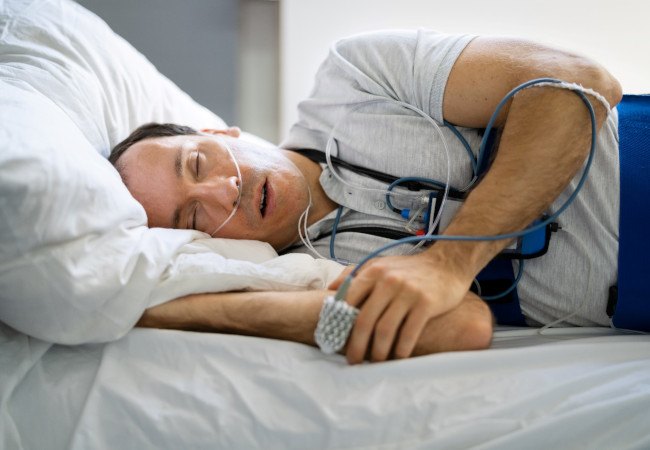
- Sleep Test: Before you can get sleep apnea treatment, you need an official diagnosis, and this is obtained by completing a sleep test. This will have its own separate cost.
- Insurance Coverage: While most health insurance plans will have benefits for sleep apnea treatment, the amount will be different from policy to policy.
- Type of Treatment: While CPAP therapy is the most popular, oral appliance therapy tends to cost less upfront and in the long-term.
Treat Your Sleep Apnea Now to Improve Your Health

It’s important to point out that by investing in sleep apnea treatment now, you’ll actually be drastically lowering your risk for more serious health complications down the road that can be very expensive to treat and manage.
Hundreds of studies have shown that people with untreated sleep apnea are much more likely to experience heart attack, stroke, diabetes, Alzheimer’s, and even motor vehicle/workplace accidents, each of which can lead to tens of thousands of dollars in healthcare costs.
Instead, you can protect both your physical and financial health just by getting your sleep under control now.
Making Sleep Apnea Treatment More Affordable

On top of working with our patients’ health insurance, we also offer financing through CareCredit for those without coverage. This enables someone to break up the cost of their appliance into smaller installments with little to no interest.
You can explore your options and even sign up for a plan in minutes just by clicking here.
Sleep Apnea FAQs
Why Should I See a Dentist for Sleep Apnea Treatment?
Dentists are experts in oral anatomy. They have the training and experience to create custom-fit oral appliances to position your jaw and tongue safely and effectively. The oral device will keep your airway open to stop breathing disturbances. Researchers have found that an oral appliance can reduce symptoms by up to 95% when used to treat mild-to-moderate obstructive sleep apnea. Oral appliances also have a higher compliance rate than a CPAP.
Does Everyone Who Snores Have Sleep Apnea?
Everyone snores occasionally, like when battling nasal congestion from a cold. However, not everyone who snores has sleep apnea. Snoring and sleep apnea often go hand in hand because both are caused by a narrowed airway. Snoring results from air vibrations passing over the tissues in the back of your mouth and throat. Loud, chronic snoring isn't anything to ignore. Depending on your situation, your physician may recommend a sleep test to rule out or confirm a sleep apnea diagnosis.
Can I Have an Oral Appliance If I Grind My Teeth?
An oral appliance can be a great option for patients with bruxism. The devices are made of high-quality materials, which can withstand pressure and friction from grinding and clenching your teeth. It will provide a protective barrier between your upper and lower teeth to prevent dental damage. If bruxism is causing jaw pain, an oral appliance can even improve symptoms of TMJ disorders. However, you may need replacement oral appliances more often.
Will My Sleep Apnea Go Away If I Lose Weight?
Obesity contributes to sleep apnea because it causes extra weight from fatty tissues around the neck and chest. Maintaining a healthy weight can improve sleep apnea symptoms. In some cases, it can even resolve the condition altogether. However, it's important to continue sleep apnea therapy while on your weight loss journey.
How Long are Sleep Apnea Events or Episodes?
A pause in your breathing that occurs while you’re asleep and lasts for at least 10 seconds is considered a sleep apnea episode. Some pauses are longer than others and can even persist for up to two minutes.
The severity of your sleep apnea is determined by how often episodes occur. If you experience 15 or fewer episodes in a single hour, you have a mild sleep disorder. In contrast, having severe sleep apnea means that your breathing is being interrupted as often as 30 times every hour.
If you have a sleep test performed, an expert can analyze the results and determine how advanced your sleep apnea is. This information is critical for determining the best way to treat the underlying issue and improve your ability to get a good night’s rest.
What Does Sleep Apnea Look Like for Women?
It’s not uncommon for sleep apnea to be misdiagnosed in women simply due to having different symptoms compared to men. Some of the side effects of sleep-disordered breathing that often manifest in women include:
- Increased feelings of anxiety.
- Feeling unusually tired during the day.
- Waking up with headaches.
Additionally, it’s worth noting that some women have an elevated chance of developing sleep apnea. This can include those who are pregnant, overweight, or post-menopausal. If you fall into any of these categories, you should keep an eye out for any potential warning signs of sleep apnea so that you can act quickly to have the issue diagnosed and treated.
Are There At-Home Remedies for Sleep Apnea?
There are certain steps that can help you reduce your sleep apnea symptoms, such as training yourself to sleep on your side instead of on your back. Additionally, there are many measures you can take to improve your sleep in general, such as getting plenty of exercise during the day or avoiding electronic screens in the hours before bedtime.
All that said, at-home remedies for sleep apnea won’t necessarily address the true underlying cause of your sleep-disordered breathing. Thus, professional treatments such as personalized oral appliances will generally be more effective for enhancing the quality of your slumber.
Is Sleep Apnea Diagnosis and Treatment Covered by Insurance?
You can typically expect your medical insurance plan to help pay for the diagnosis and treatment of sleep apnea. Note that this specifically pertains to medical insurance; sleep apnea is classified as a medical condition rather than a dental issue, so it typically isn’t covered by dental insurance even if the treatment is provided by a dentist.
Remember that you always have the option of reaching out to your insurance carrier to clarify what coverage is available for sleep apnea treatment. Our team will also be happy to answer any insurance-related inquiries you might have for us.

